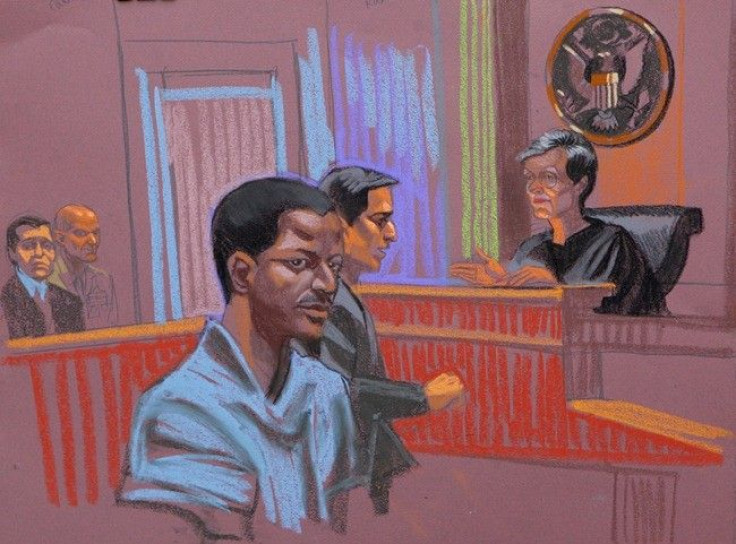End civilian terror trials, critics say after Ghailani verdict

Lawmakers critical of President Barack Obama's efforts to try some accused terrorists in civilian courts continued in their opposition after a jury in New York convicted Ahmed Khalfan Ghailani of just one of 285 counts related to the 1998 twin U.S. embassy suicide bombings in Africa.
Wednesday's verdict to convict Ghailani of conspiracy to destroy U.S. property came in the first civilian court terrorism trial of a Guantanamo Bay detainee.
The decision by this Administration to try terrorists in civilian court was the wrong one from day one, and yesterday's acquittal on 284 of 285 charges against Ghailani is further proof it has no overarching strategy to prosecute the War on Terror and keep America safe, said Rep. John Boehner R-OH, who is expected to be elected Speaker of the House in the next Congressional session. He said it was time for the Administration to reverse course on civilian trials.
U.S. Rep. Peter King (R-NY), who is set to become the next Chairman of the House Homeland Security Committee, said Wednesday he was disgusted at the total miscarriage of justice after the verdict. Ghailani, 36, was acquitted of more than 200 murder charges.
King said he intends to hold oversight hearings on the issue of terrorist detainees in the next session of Congress. Opponents of military tribunals say they strip protections to provide for easier convictions.
We respect the jury's verdict and are pleased that Ahmed Ghailani now faces a minimum of 20 years in prison and a potential life sentence for his role in the embassy bombing, said Department of Justice spokesman Matthew Miller.
U.S. Attorney Preet Bharara said prosecutors would seek the maximum sentence of life without parole. He commended agents who so thoroughly investigated this case and the prosecutors who so ably tried it.
The Department said Ghailani purchased a truck and equipment used in the bombing of the U.S. Embassy in Tanzania. He also stored explosive detonators used in the bomb at his residence, prosecutors said. He is scheduled to be sentenced on January 25, 2011.
Four others were convicted in a 2001 trial related to the bombings. Ghailani was captured in Pakistan in 2004 and was held in a secret Central Intelligence prison and was trasferred to Guantanamo Bay in 2006.
The verdict comes as higher profile detainees are still in custody in Guantanamo, including one of the accused and admitted masterminds of the 9/11 terrorist attacks, Khaleed Sheikh Mohammad. The Justice Department scuttled plans earlier this year to try him in New York City after concerns about the expense of security were raised.
President Barack Obama, who once stopped and then restarted military tribunals, has previously said has said that a trial for Mohammad can be handled in a civilian court. However he has said that there are going to be circumstances where a military tribunal may be appropriate.
It's very hard to piece together a chain of evidence that would meet some of the evidentiary standards that would be required in an Article III court, he told reporters at a press conference in September, referring to a traditional federal court.
He has called on Congress to reform the military commission system so that it meets the highest standards of due process.
While the Administration continues to grasp at the hope that trying terrorists in civilian courts will improve our standing in the international community, Congress has already provided the Administration with a bipartisan system to try terrorists in military commissions, said Rep. Howard McKeon (R-CA).
Sen. Lindsey Graham (R-SC) said the U.S. was at war with Al Qaeda.
Members of the organization, and their associates, should be treated as warriors, not common criminals. We put our nation at risk by criminalizing the war, he said.
© Copyright IBTimes 2024. All rights reserved.











